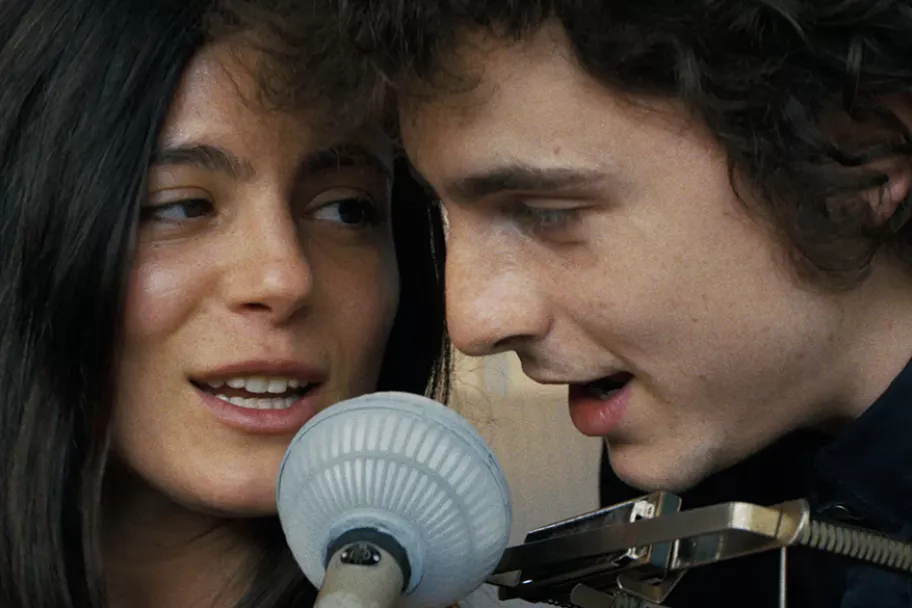The Star's critic MARIA DUARTE recommends an impressive impersonation of Bob Dylan
The darkness before dawn
GEORGE FOGARTY applauds a brilliant one-man version of Robert Tressell’s classic of working-class literature
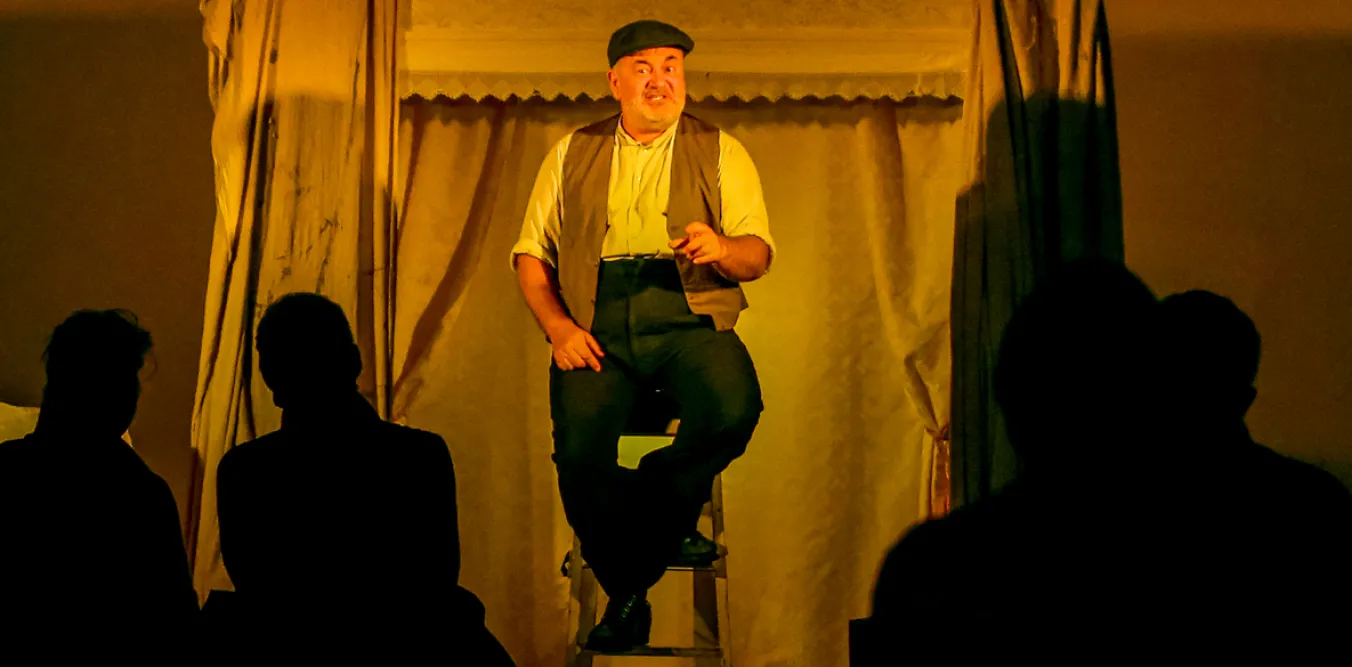
The Ragged Trousered Philanthropists
Townsend Productions,
Old Fire Station, Oxford
Townsend Productions have made a well-earned name for themselves as purveyors of working-class history of the finest calibre. Their previous work has dramatised some of the most important moments in British labour history, including the Tolpuddle martyrs, Red Clydeside and the Grunwick strike.
Indeed, tonight’s performance (a one man show performed by Neil Gore) is something of an anomaly in that it is based on a novel rather than a true story.
The original story follows a group of painters and decorators in the fictional town of Mugsborough, selflessly dedicating their lives to the enrichment of their employer, Mr Rushton.
More from this author

George Fogarty speaks to US Surrealist Blues poet AJA MONET
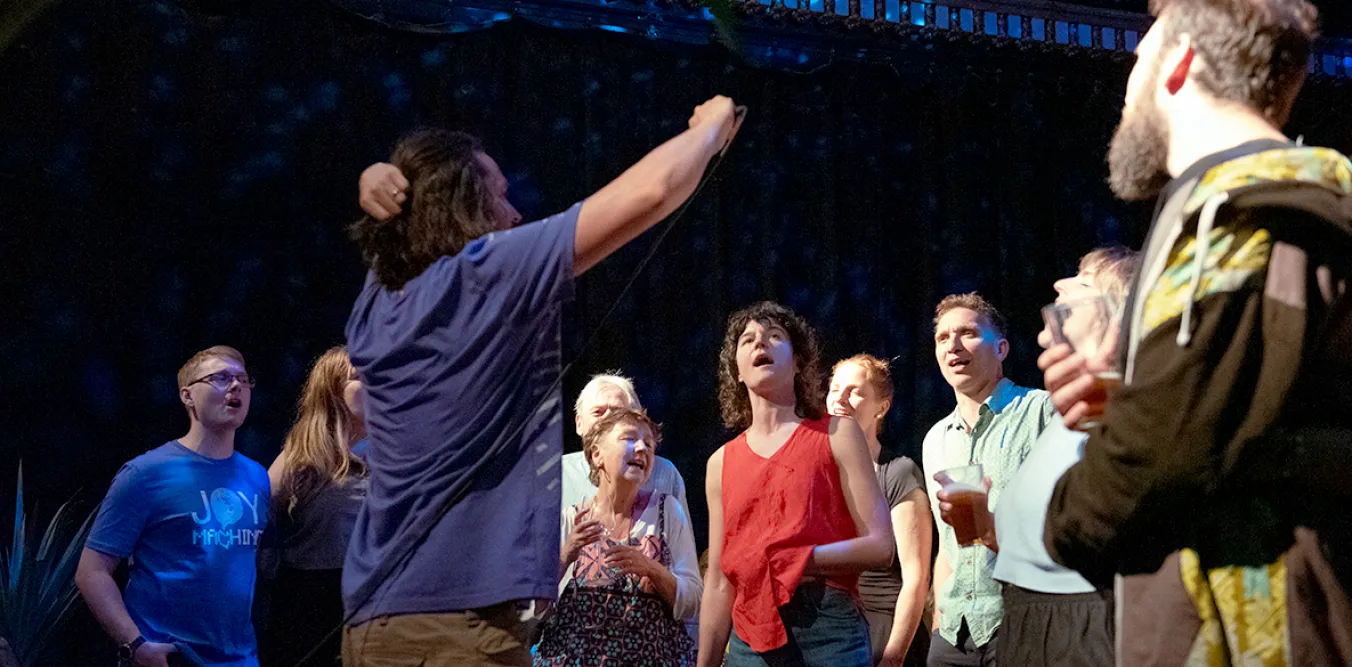
This is music that brings the party, the catharsis and the love all at once, says GEORGE FOGARTY
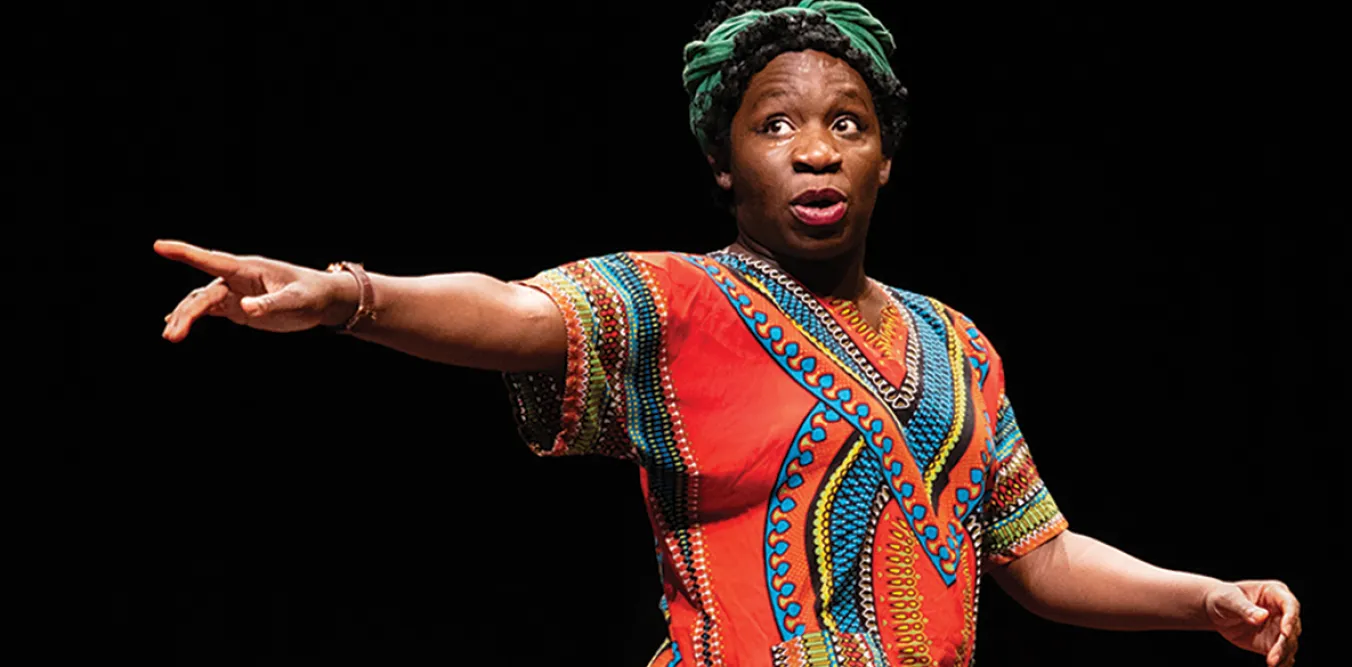
GEORGE FOGARTY is gripped by a brilliant one-woman show about the singer Nina Simone

GEORGE FOGARTY finds that alternatives to so-called capitalist realism are thriving in the world music scene
Similar stories
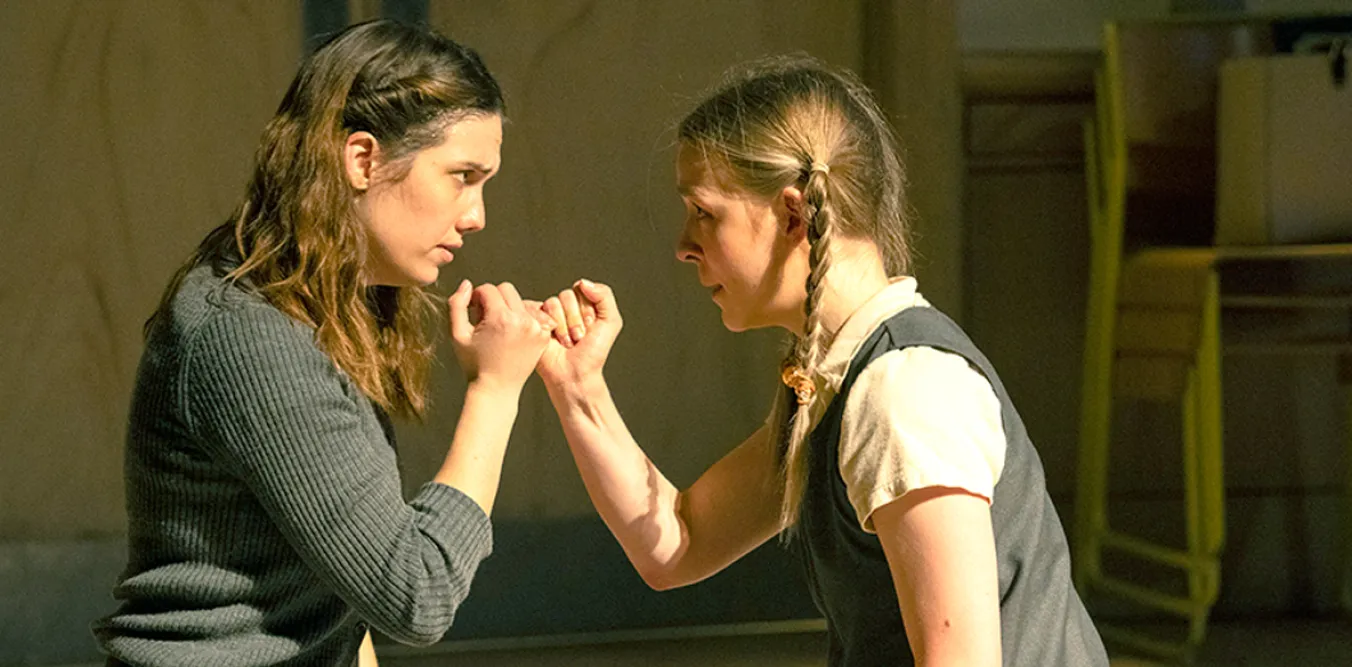
SIMON PARSONS applauds a moving version of Ishiguro’s vision of a world in which science and ethics have diverged
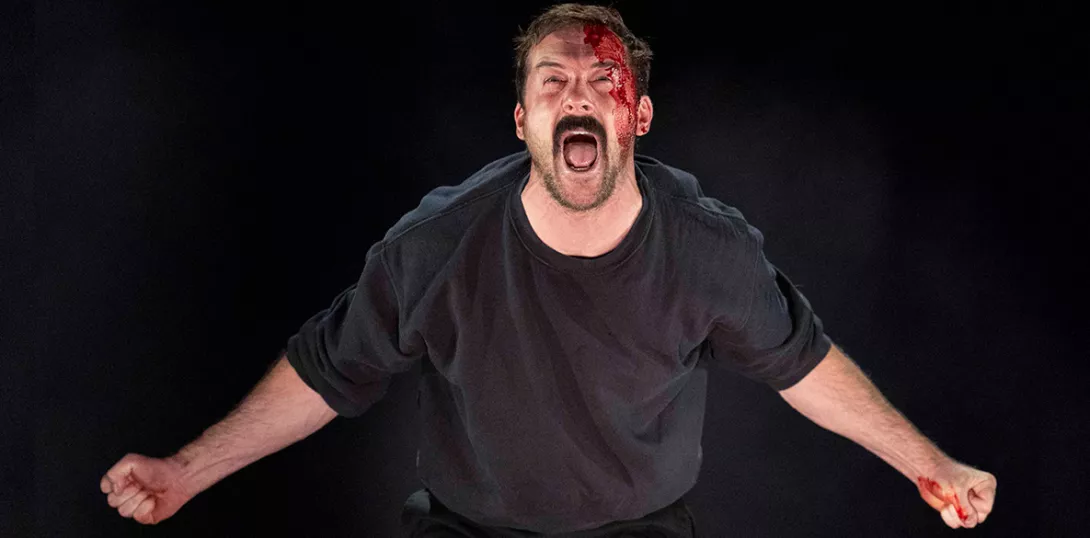
PAUL DONOVAN recommends a skilful adaptation of Alan Bleasdale’s 1980s epic TV drama
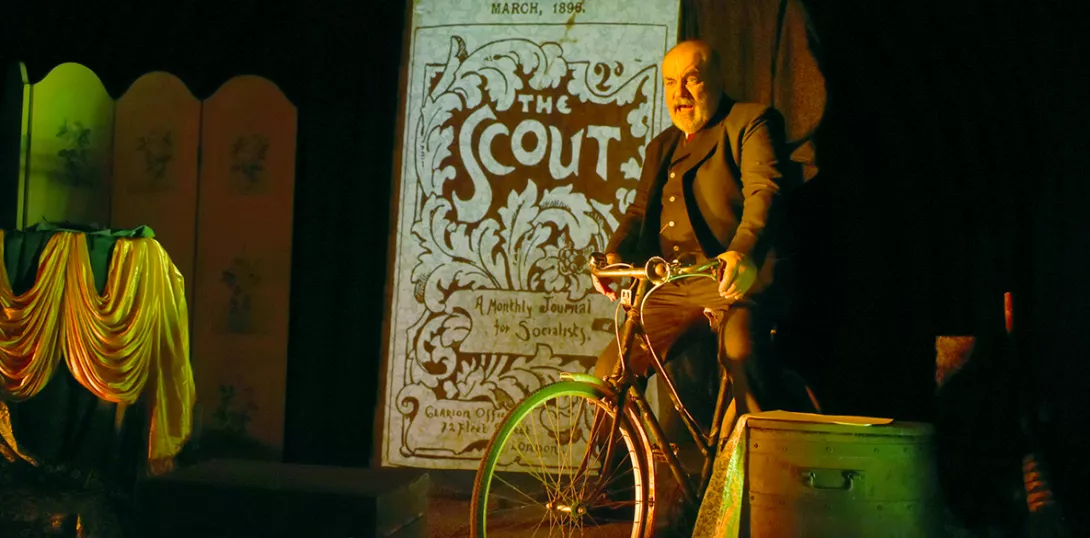
LYNNE WALSH recommends an outstanding production with the zeal to tell stories of our socialist past

GEORGE FOGARTY is gripped by a brilliant one-woman show about the singer Nina Simone


